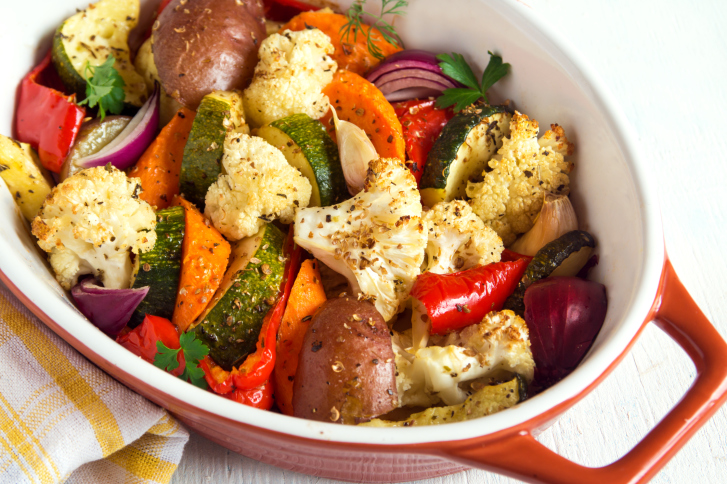The shorter days and colder weather tend to make us want to bundle up and treat ourselves with comfort foods which typically aren’t the healthiest or lowest in calories. Moreover, the variety of fruits and vegetables seem to be not as abundant as in warmer months. Nevertheless, it is possible to maintain a healthy diet and continue by eating plenty of fruits and vegetables in the winter.
Shopping for the Season
You’ll find a list below of delicious produce you can find September through February. Your local grocery store or produce stand may have even more options. Consider all of the healthy salads, soups and stir-fries you can make by mixing and matching these ingredients!
Fall and Winter Fruits
| Cranberries | Grapes | Tangerines | Avocado |
| Apples | Pears | Quinces | Figs |
| Bananas | Kiwi | Pomegranates | Passion Fruit |
| Clementines | Grapefruit | Mandarin Oranges | Dates |
| Oranges | Persimmons | Kumquats | Pomelo |
Fall and Winter Vegetables
| Butternut Squash | Pumpkins | Beets | Leeks |
| Swiss Chard | Sweet Potatoes | Brussels Sprouts | Kale |
| Cauliflower | Delicata Squash | Green Beans | Celery Root |
| Broccoli | Spinach | Snow Peas | Rutabaga |
| Parsnips | Onions | Cabbage | Carrots |
Try these tips to help you eat more fruits and vegetables during the fall and winter months
Salads never go out of season.
- You can find a variety of dark, leafy greens year-round.
- Winter fruit is a perfect addition to your salads including sliced apples, pomegranate seeds, and figs.
- Add canned beans, grated cheeses, and nuts for added nutrients.
Warm up your house on a chilly winter evening with roasted vegetables.
Chop up any combination of potatoes, squash, onions, and garlic. Toss with olive oil, roast, and enjoy!
Make soups and stews for inexpensive and easy meals that can be made in advance.
Freeze your creations for future meals or eat them throughout the week for lunch or dinner.
Cook with winter squashes such as spaghetti squash, delicata, butternut, pumpkin and acorn.
- Cut the squash in half, place it skin-side up on a baking sheet, and roast for 20-40 minutes, depending on size.
- Chop up cooked squash to add to pasta and rice dishes or eat it by itself with a bit of olive oil.
Don’t be afraid of frozen fruits and vegetables.
Frozen fruits and vegetables can be just as good for you as fresh. When fruits and vegetables are harvested, they begin to lose their nutrients. In some cases, frozen produce may actually have greater nutritional value, as it is picked ripe and immediately frozen, which preserves the nutrients.
For Health Advocate Members
If you’re a Health Advocate member with access to the coaching component of our wellness program, connect with a coach today to learn more about eating healthy throughout the fall and winter months!




[…] Wondering what kinds of side dishes to make? These articles about what’s in season during fall and winter can spark some delicious ideas! […]